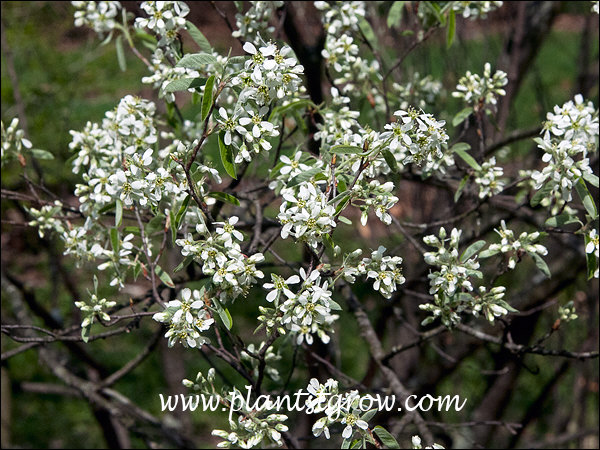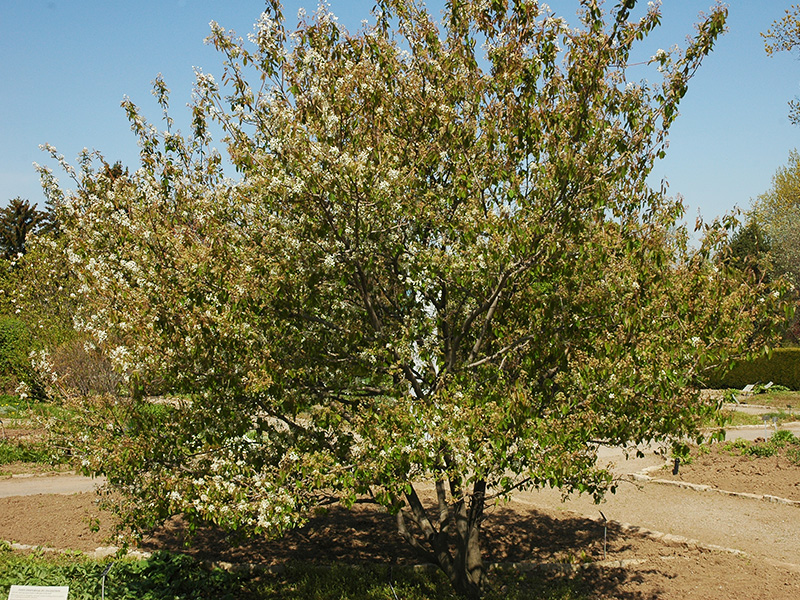

Common name refers to its attractiveness to butterflies.

However, Linnaeus named the genus Buddleja (pronounced with a silent “j”) which is still considered to be the proper spelling (first name survives) according to the International Code of Botanical Nomenclature. The genus name is frequently listed today as Buddleia. Genus name honors the Reverend Adam Buddle (1660-1715), English botanist and vicar of Farmbridge in Essex. Commonly called butterfly bush, they are very attractive to butterflies and other pollinators. They are native to Asia, Africa and North and South America. They may be an evil data-scraping corporation but it is a handy tool.Buddleja is a genus of about 100 species of mainly shrubs but also some trees and climbers. However, surely if it’s so closely related to the Romance languages, then there must be some sense of how you would speak it. I had heard that there is no correct way to pronounce Latin, as there are no living speakers. However, having learnt basic Welsh with a ‘natural language’ method, I find that it really helps me remembery by saying the words out loud. Using the example of Red Campion (Silene dioica), they’re pre-eminent in Plants For A Future, Wikipedia and the Plant Atlas of British & Irish Flora. When I first started out on my forest garden journey, I quickly settled in to using the Latin names, as they are so much precise, universal and descriptive. Her use of the Database of Insects and their Food and Wikimedia Commons to weave such insightful and inspirational threads is delightful. She’s written a paper about the beauty and utility of Natural Latin, and has said: Linden Hawthorne is a hero of mine, she regularly posts Twitter threads detailing the inverterbrates and their relationship with specific native plants. Amelanchier - “ch” or ”k” sound? The binomial naming of plants is quite beautiful & useful but I have always wondered, how do you pronounce Latin? Thursday


 0 kommentar(er)
0 kommentar(er)
